Consuming Ginger While Breastfeeding- Benefits and Side-Effects

- Is Consuming Ginger and Ginger Tea Safe During Breastfeeding?
- Does Ginger Change the Flavour of Breast Milk?
- Benefits of Consuming Ginger and Ginger Tea While Breastfeeding
- Side Effects of Consuming Ginger While Nursing
- Ways to Consume Ginger for Breastfeeding Moms
- Things to Remember Before Consuming Ginger Tea While Breastfeeding
- How to Make Ginger and Honey Tea?
- FAQs
After giving birth, you might have many questions about the foods you should eat to ensure your baby gets all the nutrition required for growth and development. One food that new mothers are sceptical about is ginger. Ginger and ginger tea are famous for their aromatic flavour and potential health benefits. For breastfeeding mothers, these options offer certain advantages, such as aiding digestion, relieving nausea, and boosting the immune system. Although ginger provides various health benefits, is it safe to eat fresh ginger or consume ginger tea while breastfeeding? Let’s find out!
Is Consuming Ginger and Ginger Tea Safe During Breastfeeding?
Ginger or ginger tea during breastfeeding is considered safe if consumed in moderation. The daily intake of ginger tea should not exceed 75 ml. If a woman has had a lot of blood loss during delivery, she should avoid ginger altogether.
Does Ginger Change the Flavour of Breast Milk?
The flavours of your foods enter your breast milk and change its taste—the flavour of breast milk changes with each feed. So, like any other food, ginger can change the flavour of breast milk. Ginger has a strong flavour, and while most babies don’t mind the variations in flavour if your baby is sensitive to the changes and refuses to breastfeed after you’ve introduced ginger into your diet, you may want to stop eating it to see if the problem is ginger or something else.
Benefits of Consuming Ginger and Ginger Tea While Breastfeeding
Although ginger and ginger tea make breast milk smell, they also have some benefits. Listed below are some of the benefits of drinking ginger tea while breastfeeding.
1. Helps Treat Digestion Problems in Nursing Moms
Ginger has been used as a medicinal herb for thousands of years for good reasons. During the nursing phase, it can relieve digestion-related issues, constipation, and more (1). Consuming ginger or ginger tea also helps with vomiting and nausea during breastfeeding (2).
2. Helps Boost Immunity
This medicinal herb is known to boost immune strength and fight infections that cause colds and coughs. A woman’s body tends to be weak after delivery, but eating ginger can help. During the breastfeeding phase, consuming ginger on a regular basis (in moderate amounts) can enhance immunity. Its antibacterial and antifungal properties also help in warding off infections and inflammations (5).
3. Keeps the Body Warm
Ginger also has a warming effect on the body. Eating ginger or drinking ginger tea during breastfeeding will prevent nursing moms from contracting colds and coughs (6).
4. Natural Pain Relief
Ginger has mild analgesic properties that can help alleviate pain. For breastfeeding mothers, ginger tea may provide natural relief from postpartum discomforts such as muscle aches or menstrual-like cramps (4).
5. Stress and Anxiety Reduction
Ginger tea’s soothing and warming effects can help relax the body and mind (3). This may benefit breastfeeding mothers who are dealing with the stresses and anxieties of caring for a newborn.
6. Improved Blood Circulation
Ginger has been known to stimulate blood flow, promoting overall health and wellness. Improved circulation can help a mother recover more quickly postpartum and may also aid in maintaining healthy breast tissue.

Side Effects of Consuming Ginger While Nursing
As you know, every coin has two sides. Ginger has many benefits, but it has its share of side effects, too. Eating ginger can cause heartburn, diarrhoea, and mouth irritation (7). Too much intake of ginger by a nursing mother could result in bloating of the stomach and the baby becoming too gassy and irritable as a result.
Ways to Consume Ginger for Breastfeeding Moms
There are multiple ways in which ginger can be consumed, such as:
1. Ginger Tea
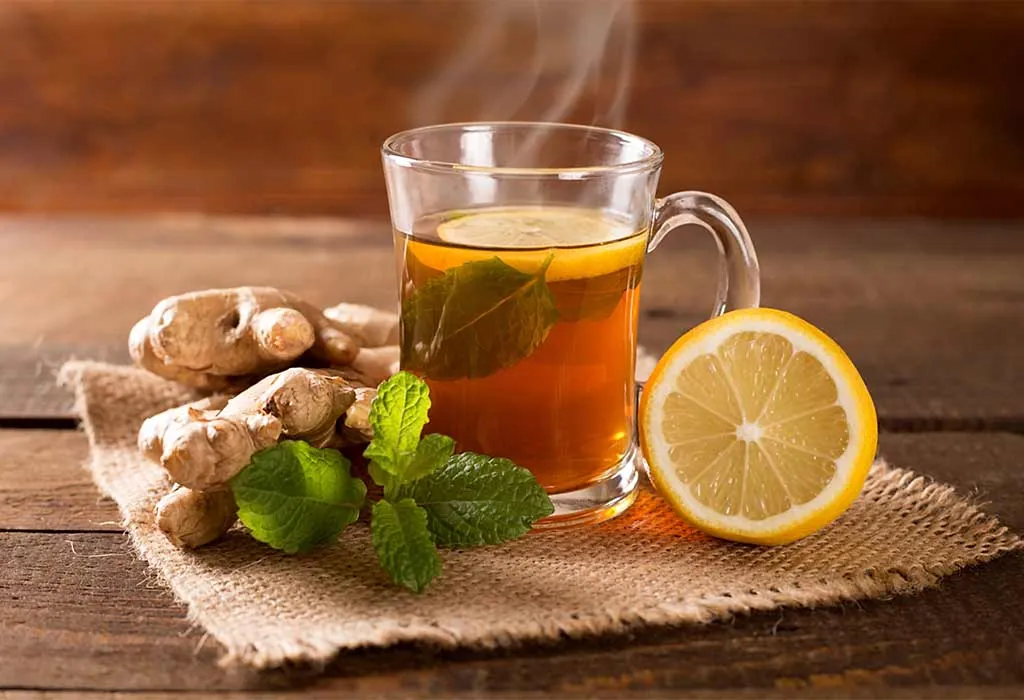
This hot beverage is a favourite among many. Ginger tea (with or without milk) is a saviour when someone is down with the flu, cough, or cold. It will make your body warm, bring down the cold, and relieve nasal congestion (8).
2. Pickled Ginger
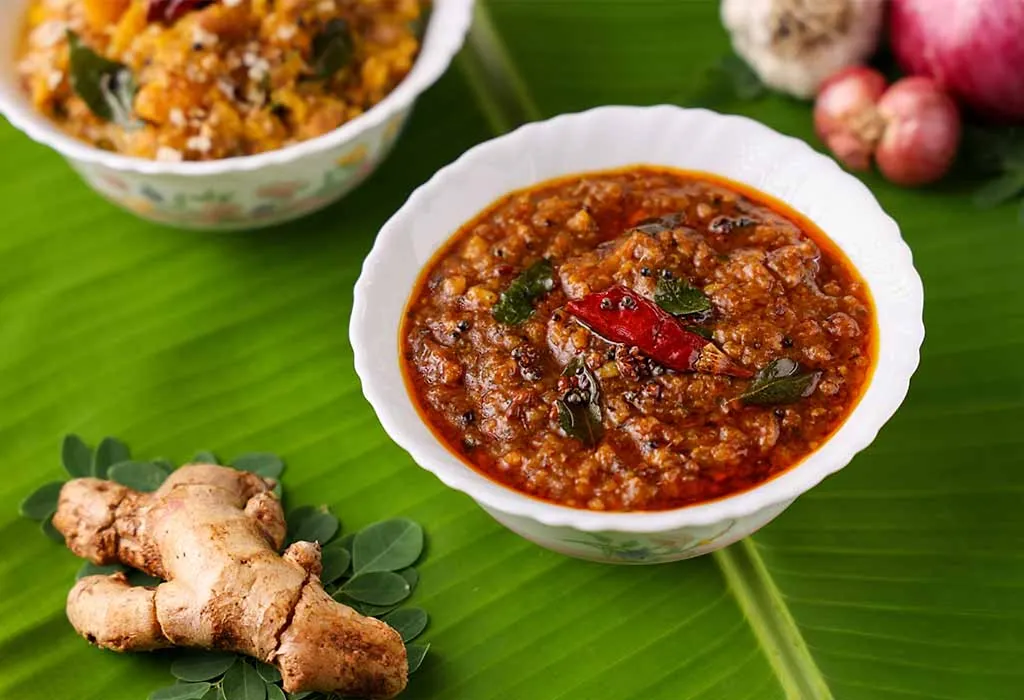
Pickled ginger tastes delicious and provides relief from motion sickness. It is said to cure digestive problems, too, but it is not recommended for breastfeeding moms. However, if you want to eat it during the nursing phase, you must check with a doctor first.
3. Juice of Ginger
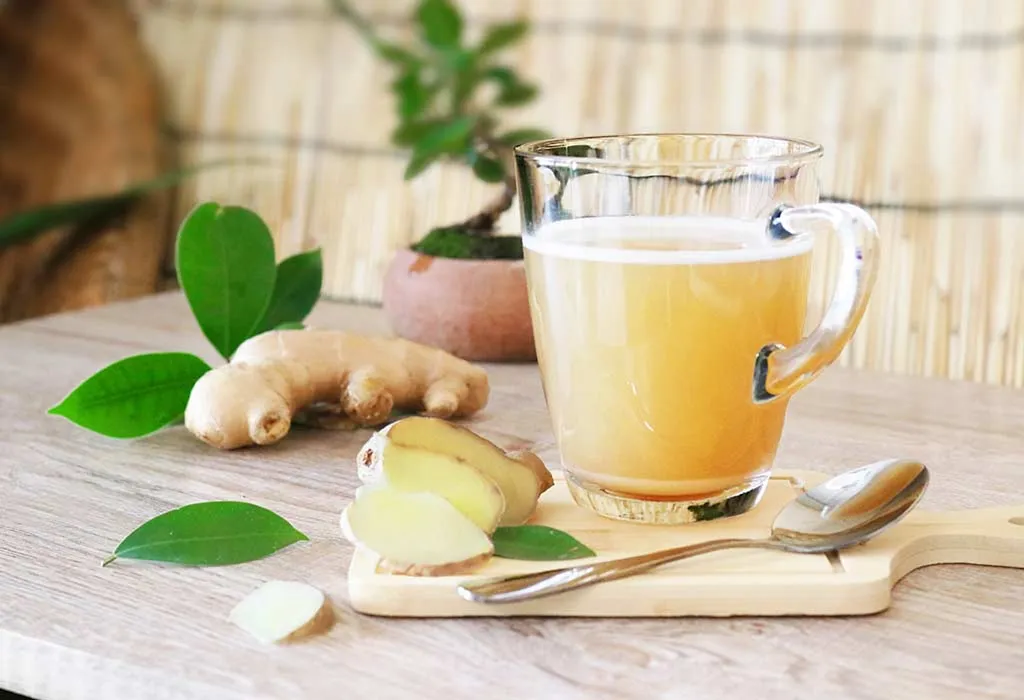
A spoonful of ginger juice mixed with honey and warm water can keep your immune system healthy. It helps with a sore throat, but of course, while nursing, it is best that you take it after checking with your doctor.
4. Grated Ginger
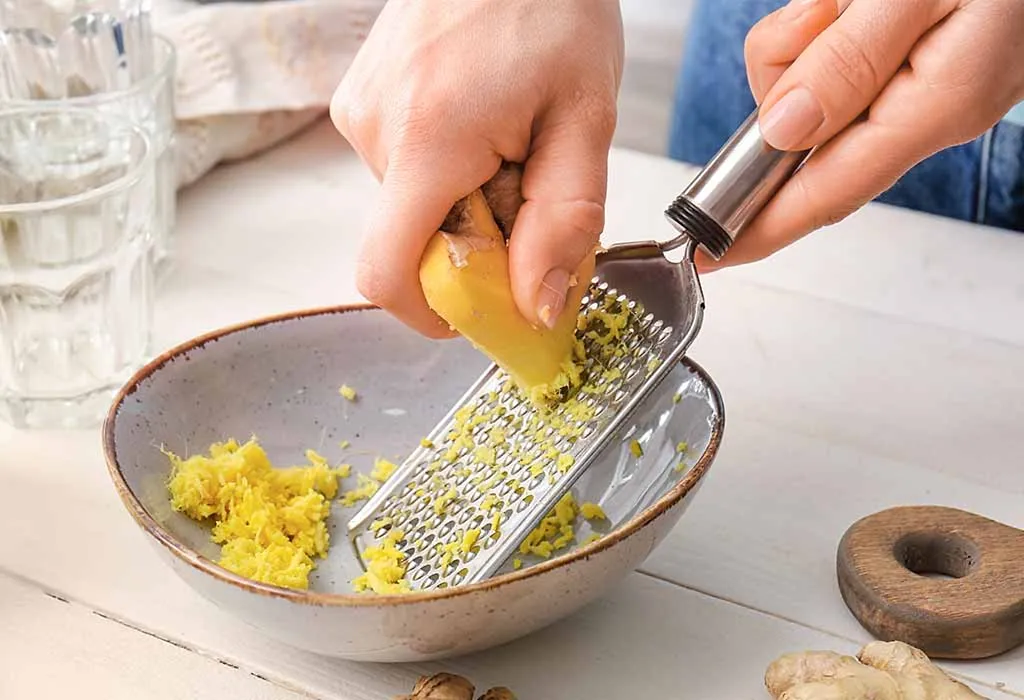
You can use grated ginger in soups. But it should be consumed in minimal quantities and only once a day.
5. Ginger Paste
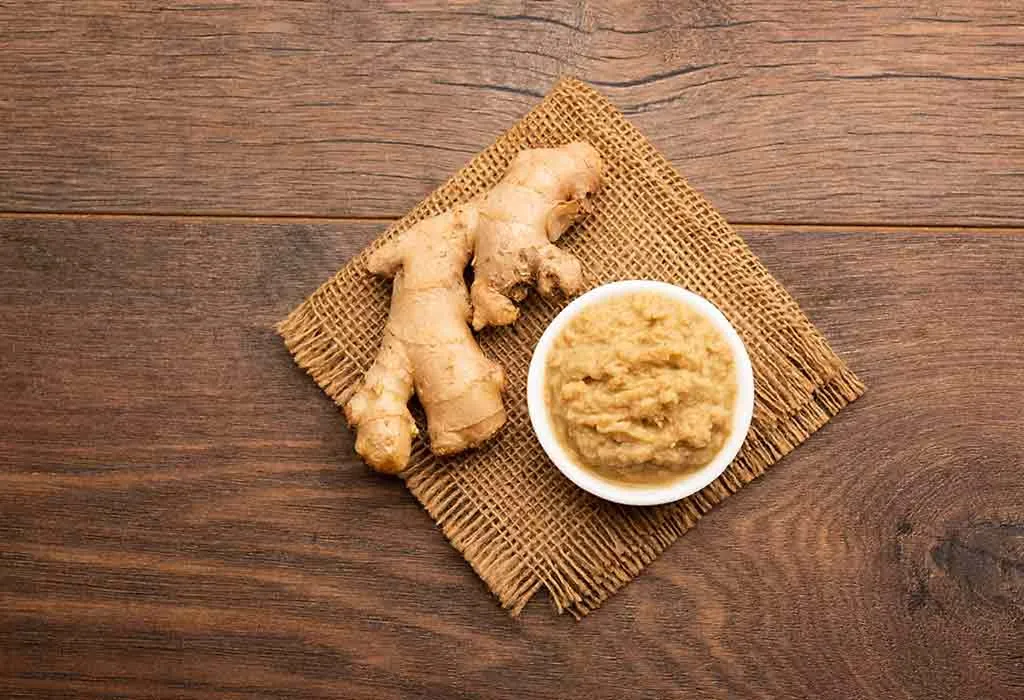
It is a common ingredient in almost all the Indian curries. It enhances the taste of the dish and makes it more delicious.
Things to Remember Before Consuming Ginger Tea While Breastfeeding
Ginger tea is, of course, an everyday beverage, but while breastfeeding, there are certain things you should consider before consuming it:
- Always remember that tea contains caffeine, even if it is ginger tea, so limit your intake.
- Stick to 1 cup or 120 ml per day. Too much ginger tea may make you and your little one bloated and gassy.
- Do not drink ginger tea just before breastfeeding your baby. The caffeine may enter your breast milk, making the baby fussy and sleep-deprived.
- Women who have had complications while birthing should avoid taking ginger.
How to Make Ginger and Honey Tea?
Ginger and honey tea is a delicious concoction that helps soothe a sore throat and clear the phlegm. Ginger ale is also somewhat similar in taste. Honey and ginger tea, when breastfeeding, is safe but should be taken in moderation. Here’s how you can make this tea.

What You Will Need
- Freshly grated ginger – 1 tbsp
- Honey (pasteurised, if possible) – 1 tbsp
- Fresh lemon juice – 1 tbsp
- Hot boiled water – 1 cup
How to Prepare
- Take some grated ginger in a cup.
- Pour hot water into it.
- Cover the cup with a lid and let it remain so for 5 minutes.
- Strain it into another cup.
- Add honey and stir. You can also add palm candy or jaggery in place of honey.
- Lastly, add lemon juice.
- Your ginger and honey tea is ready.
FAQs
1. Can ginger interact with any medications while breastfeeding?
Ginger may interact with certain medications, such as blood thinners or antacids. Consult your healthcare provider before consuming ginger if you take any medications to ensure it is safe for you and your baby.
2. How much ginger is safe to consume while breastfeeding?
Moderation is key. Ginger can be consumed safely as a culinary herb or in small amounts as tea. However, avoid excessive consumption or concentrated supplements without medical advice.
3. Can ginger increase milk supply?
Limited evidence suggests that ginger may support lactation in some women, but more research is needed. Always consult a doctor before using ginger supplements for this purpose.
It’s important to note that only a few know the benefits and side effects of ginger for breastfeeding mothers. Although it has long been used as a spice in cooking food and as medicine, it should be consumed in moderation, especially while one is breastfeeding.
References/Resources:
1. Bodagh. N. M, Maleki. I, Hekmatdoost. A; Ginger in gastrointestinal disorders: A systematic review of clinical trials; Food Science & Nutrition; https://www.ncbi.nlm.nih.gov/pmc/articles/PMC6341159/; November 2018
2. Bhatt. N, Waly. I. M, Essa. M. M, Ali. A; Ginger: A functional herb; ResearchGate; https://www.researchgate.net/publication/257416254_Ginger_A_functional_herb; January 2013
3. Mao. Q. Q, Xu. X. Y, Cao. S. Y, Gan. R. Y, et al.; Bioactive Compounds and Bioactivities of Ginger (Zingiber officinale Roscoe); Foods; https://www.ncbi.nlm.nih.gov/pmc/articles/PMC6616534/
4. Rahnama. P, Montazeri. A, Huseini. H. F, Kianbakht. S, Naseri. M; Effect of Zingiber officinale R. rhizomes (ginger) on pain relief in primary dysmenorrhea: a placebo randomized trial; PubMed Central; https://www.ncbi.nlm.nih.gov/pmc/articles/PMC3518208/; July 2012
5. Karuppiah. P, Rajaram. S; Antibacterial effect of Allium sativum cloves and Zingiber officinale rhizomes against multiple-drug resistant clinical pathogens; APJTB; https://www.ncbi.nlm.nih.gov/pmc/articles/PMC3609356/
6. Bode. M. A, Dong. Z; The Amazing and Mighty Ginger; Herbal Medicine: Biomolecular and Clinical Aspects; https://www.ncbi.nlm.nih.gov/books/NBK92775/
7. Ryan. J. L, Morrow. G. R; Ginger; PubMed Central; https://www.ncbi.nlm.nih.gov/pmc/articles/PMC5008850/
8. Rasheed. N; Ginger and its active constituents as therapeutic agents: Recent perspectives with molecular evidences; PubMed Central; https://www.ncbi.nlm.nih.gov/pmc/articles/PMC7644455/
Also Read:
Garlic in Breastfeeding
Green Tea during Breastfeeding
Chamomile Tea while Breastfeeding
Drinking Peppermint Tea during Nursing
Was This Article Helpful?
Parenting is a huge responsibility, for you as a caregiver, but also for us as a parenting content platform. We understand that and take our responsibility of creating credible content seriously. FirstCry Parenting articles are written and published only after extensive research using factually sound references to deliver quality content that is accurate, validated by experts, and completely reliable. To understand how we go about creating content that is credible, read our editorial policy here.








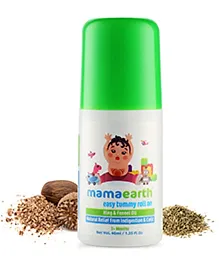
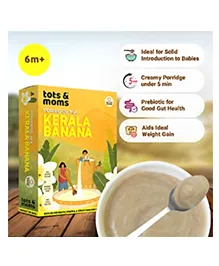

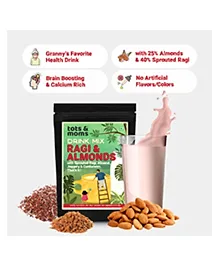

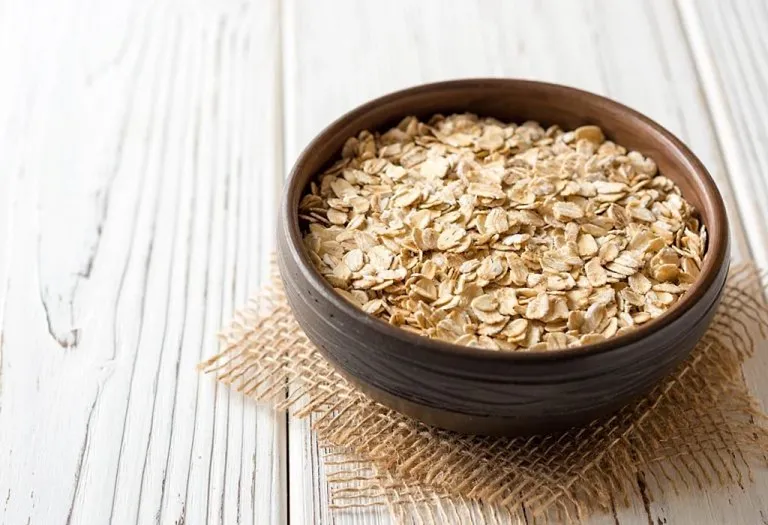

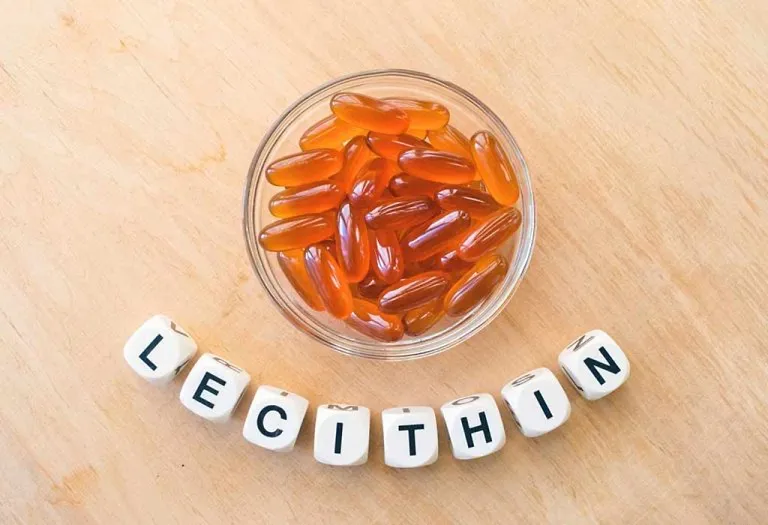




.svg)


















